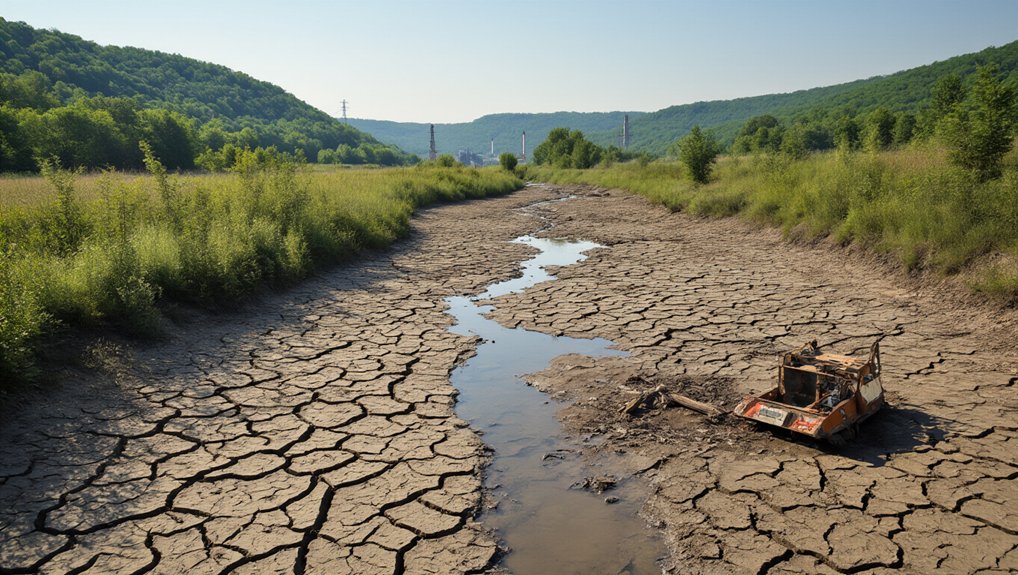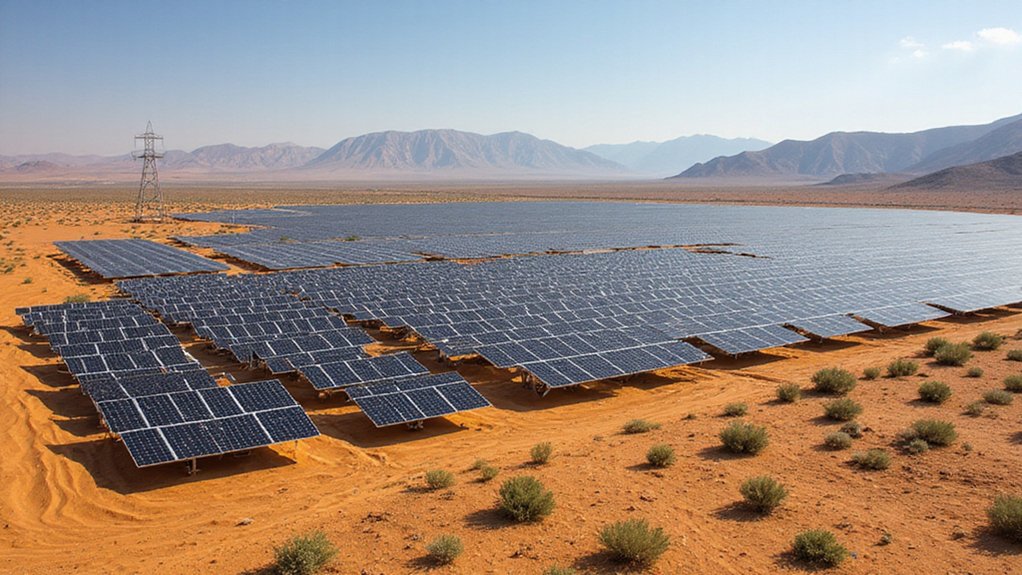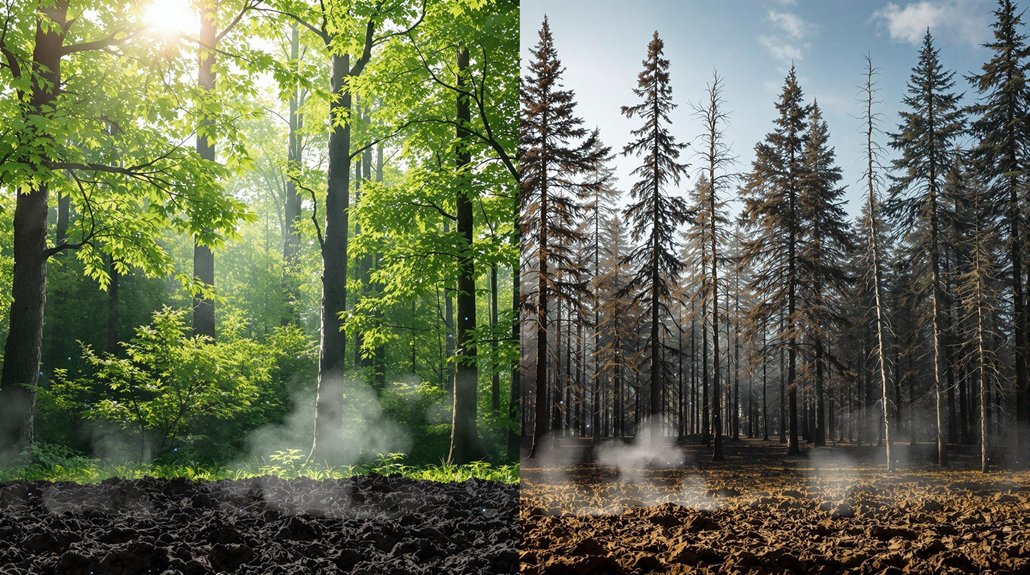PennEnergy Resources just walked away from its water permits in Beaver County, ditching plans to drain millions of gallons from Big Sewickley Creek. The Pittsburgh-based gas company originally wanted to suck up 3 million gallons daily from the main creek and another million from its north fork. That’s a lot of water.
The DEP shot down their first attempt, worried about the southern redbelly dace, a threatened fish that apparently matters more than fracking dreams. So PennEnergy scaled back, got permits for 1.5 million gallons daily in January 2024, then turned around and gave them up in April 2025. Their excuse? The creek bed changed naturally, making it tough to meet permit conditions. Sure it did.
Truth is, the creek probably couldn’t supply enough water for their eight planned horizontal wells anyway. Each fracking well typically guzzles 9 to 18 million gallons of water, with companies recycling about two-thirds of it. Environmental groups are breathing easier, especially with climate change making every drop count. The industrial processes involved in fracking contribute significantly to greenhouse gas emissions, further exacerbating global warming. Nobody wants to see creeks drained for fracking when the planet’s already running a fever.
Nobody wants creeks drained for fracking when the planet’s already running a fever.
This surrender fits a disturbing pattern across Pennsylvania. Companies are abandoning wells left and right, sticking taxpayers with cleanup bills. The DEP issued 31 violations for shale gas well abandonment by March 2025, including nine in just one week. Diversified Production LLC got caught red-handed ditching their operations. Major companies like EQT, Chesapeake, and Hilcorp are leading this abandonment trend, often leaving wells without proper documentation.
Meanwhile, water contamination keeps haunting communities. Remember EQT’s mess in New Freeport? June 2022, fluid spurting from the ground like some horror movie. Geologist Josh Hickman, who worked the famous Dimock case, examined the data and concluded EQT’s fracking contaminated the water. Surfactants jumped tenfold from 2020 levels. Methane and ethane increased too, according to Duquesne University testing.
The DEP’s playing whack-a-mole with violations while companies abandon ship. PennEnergy’s water permit surrender might seem like environmental victory, but it’s really just another symptom of an industry that takes what it wants and leaves when things get inconvenient.
At least the redbelly dace get to keep swimming in their creek. For now.
References
- https://insideclimatenews.org/news/29052025/pennsylvania-fracking-company-surrenders-water-permits/
- https://buckscountybeacon.com/2025/01/the-cleanup-bill-for-the-fracking-boom-is-already-here-in-states-like-pennsylvania/
- http://paenvironmentdaily.blogspot.com/2025/03/diversified-production-llc-abandons.html
- https://pulitzercenter.org/stories/scrutiny-eqt-fracking-likely-shift-2025
- https://www.publicsource.org/pittsburgh-natural-gas-producer-eqt-fracking-shift-2025/









